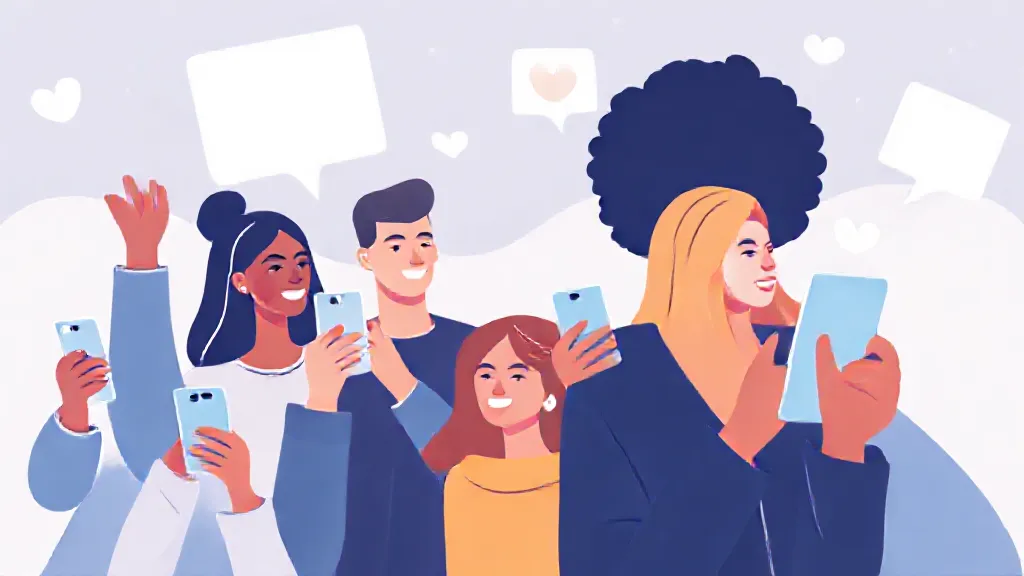The phenomenon of celebrity influence in society is a multifaceted issue that spans various domains, including culture, politics, and consumer behavior. Celebrities, often viewed as larger-than-life figures, wield significant power over public opinion and trends. This article delves into the reasons behind this influence, examining the dynamics of celebrity culture, the role of media, and the psychological aspects that contribute to their sway over society.
The Rise of Celebrity Culture
The rise of celebrity culture can be traced back to the early 20th century, with the advent of Hollywood and the film industry. Icons like Charlie Chaplin and Marilyn Monroe set the stage for a new kind of public figure, one whose life was as much a spectacle as their work. The introduction of mass media, particularly television and later the internet, allowed for the rapid dissemination of celebrity news and lifestyles, creating a culture where celebrities became household names.
This phenomenon was further amplified by the emergence of social media platforms, enabling celebrities to connect directly with their fans, thus enhancing their influence.
The Role of Social Media
Social media has revolutionized the way celebrities interact with the public. Platforms like Instagram, Twitter, and TikTok have provided celebrities with tools to share their lives, thoughts, and endorsements in real-time.
This direct line of communication fosters a sense of intimacy and relatability, making fans feel more connected to their favorite stars. The viral nature of social media also means that celebrity actions and opinions can reach millions within minutes, further solidifying their influence on trends, opinions, and even social movements.
Psychological Appeal of Celebrities
The psychological appeal of celebrities is rooted in several factors, including aspiration, identification, and social validation.
Many individuals look up to celebrities as role models, aspiring to emulate their success, style, or lifestyle. This admiration can lead to a strong identification with the celebrity, where fans see parts of themselves reflected in their idols. Additionally, the social validation that comes from following and supporting a celebrity can enhance an individual’s self-esteem, making the celebrity’s influence even more profound.
Celebrities as Trendsetters
Celebrities often serve as trendsetters, influencing everything from fashion to lifestyle choices. When a celebrity endorses a product or adopts a new style, it can lead to a significant shift in consumer behavior. For instance, the "Kardashian effect" has shown how the fashion and beauty choices of the Kardashian-Jenner family can lead to skyrocketing sales for brands.
This trendsetting power extends beyond consumer goods; celebrities can shape public discourse around social issues, from climate change to mental health, encouraging fans to adopt new perspectives or behaviors.
The Impact on Politics and Social Movements
The influence of celebrities is not limited to consumer culture; it also extends into the realm of politics and social movements. Celebrities have the platform and reach to draw attention to important issues, mobilizing their followers for social change.
For example, figures like Leonardo DiCaprio and Emma Watson have used their celebrity status to advocate for environmentalism and gender equality, respectively. Their involvement can lend credibility to causes, encouraging fans to engage and take action, thereby amplifying the celebrity's influence beyond entertainment.
Criticism of Celebrity Influence
Despite their significant influence, celebrities are not without criticism.
The commodification of celebrity culture can lead to superficiality, where fans prioritize celebrity gossip over substantive issues. Furthermore, the influence of celebrities can sometimes perpetuate harmful stereotypes or unrealistic standards, particularly in areas such as body image and lifestyle. Critics argue that this can create a culture of comparison, where individuals feel inadequate in relation to the curated lives of their idols.
The Future of Celebrity Influence
As society evolves, so too will the role of celebrities. With the rise of influencers and the democratization of fame through platforms like YouTube and TikTok, the traditional celebrity model is shifting. This change may lead to a more diverse range of voices and perspectives, potentially altering the dynamics of influence in society.
However, the fundamental aspects of celebrity allure—aspiration, relatability, and social connection—are likely to remain, ensuring that celebrities will continue to play a significant role in shaping societal norms and values.
Conclusion: Understanding Celebrity Influence
Understanding the influence of celebrities in society requires a nuanced approach that considers historical context, media dynamics, and psychological factors. As figures who can shape opinions, trends, and social movements, celebrities hold a unique position in contemporary culture.
Their ability to connect with the public on a personal level, combined with the power of modern media, ensures that they will remain influential figures in society for the foreseeable future.
